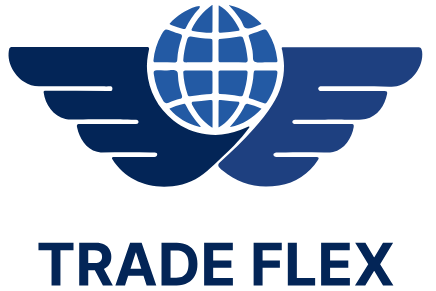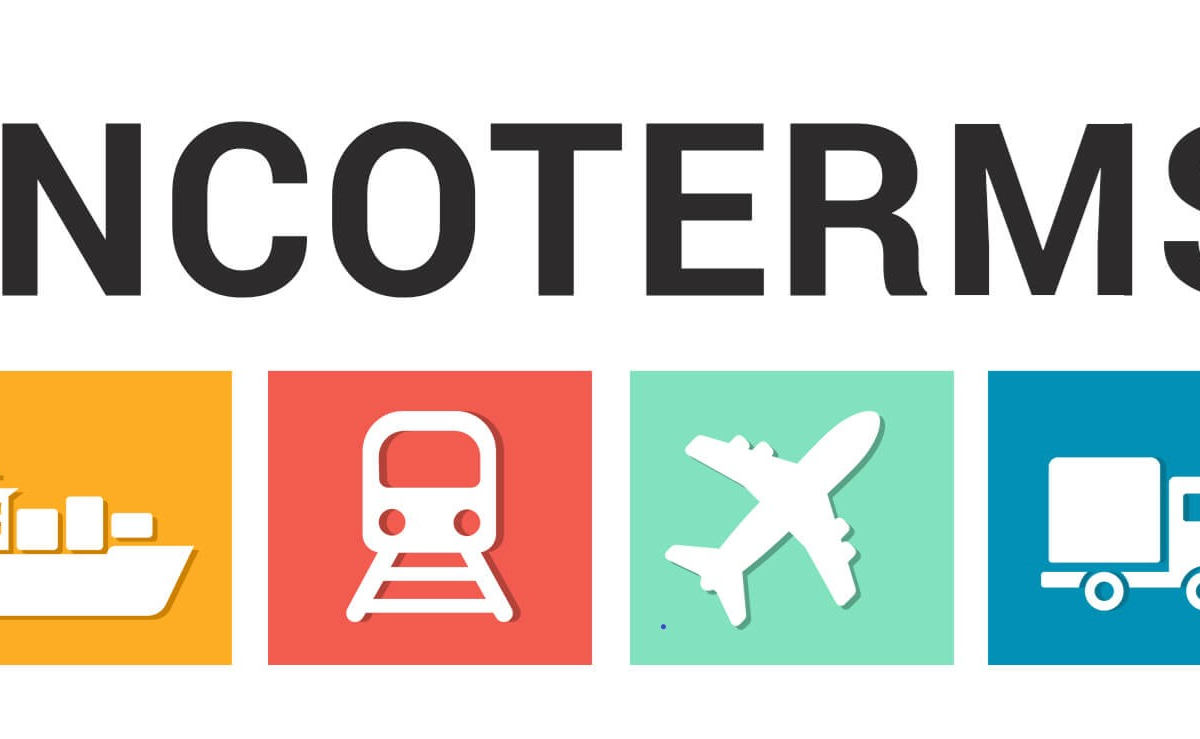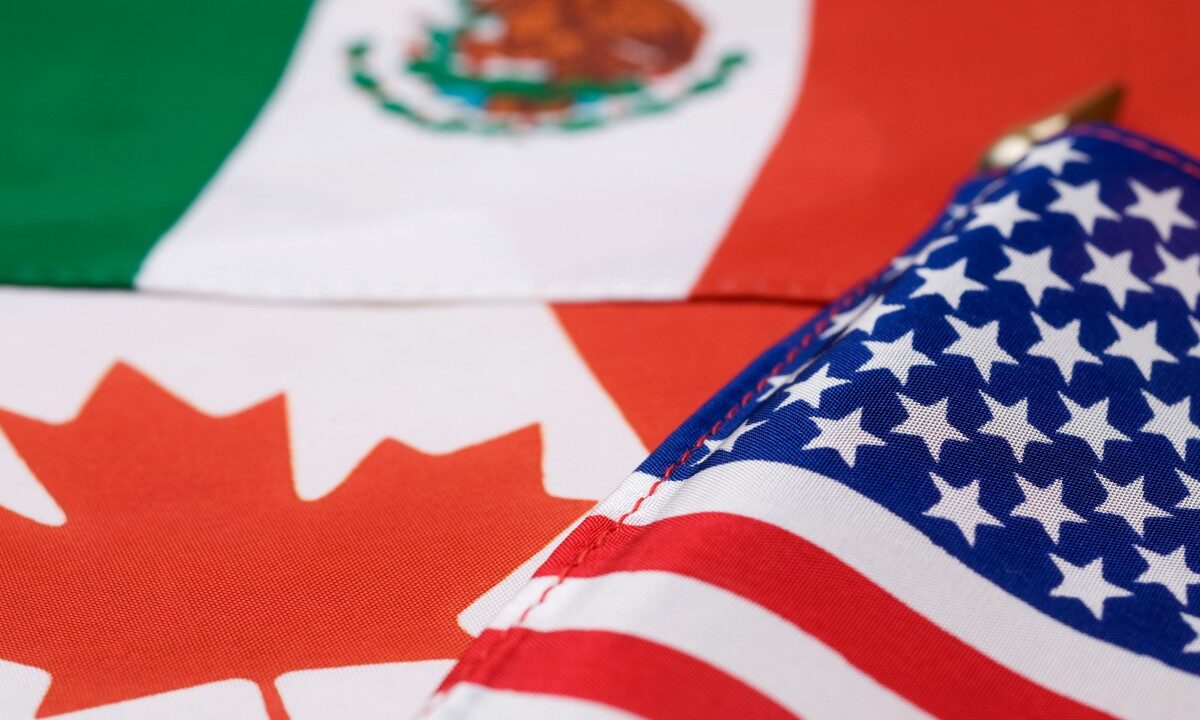Are Chinese companies exploiting Mexico to sidestep American tariffs? In recent years, the evolving trade dynamics between China, Mexico, and the United States have highlighted the complexity and the strategic maneuvers within international trade, marked by geopolitical tensions and pivotal economic decisions. This article delves into these intricate relationships, revealing how shifts in manufacturing bases can influence global trade landscapes.
The trade war between the U.S. and China has catalyzed an unprecedented upsurge in trade activities between China and Mexico. Many Chinese businesses, in an effort to circumvent the steep tariffs imposed by the U.S., have shifted their production bases to Mexico. This strategic relocation is leveraged to tap into the benefits offered by the USMCA, allowing goods manufactured in Mexico to enter the U.S. under more favorable conditions.
Chinese firms are increasingly embracing nearshoring—relocating production facilities closer to their target market, in this case, the U.S. This move is strategic for labeling their products as “Made in Mexico,” which skirts U.S. tariffs and taps into Mexico’s favorable trade agreements. Here’s how nearshoring is reshaping Mexico’s economic landscape:
- Foreign Investment Surge: The influx of Chinese manufacturing operations is injecting considerable foreign capital into the Mexican economy.
- Job Creation: New factories and operations mean more jobs for the local population, reducing unemployment and boosting economic activity.
- Boost in Export Capacity: With more goods being produced locally, Mexico’s export volumes are seeing significant increases, particularly in sectors like automotive and electronics.
The rising trade volumes through Mexico have not escaped controversy. American companies have voiced concerns over potential tariff evasion, suggesting that Chinese companies might be exploiting trade agreements to bypass U.S. tariffs illegally. This has sparked a series of legal and political challenges, including lawsuits and calls for tighter regulations on trade practices. The situation is further complicated by political rhetoric, such as former President Donald Trump’s threats to impose punitive tariffs on cars manufactured in Mexico by Chinese firms—a move that could destabilize Mexico’s position in the global supply chain.
As Mexico navigates its role as a burgeoning hub in global trade, the benefits of increased foreign investment and job creation are tempered by the challenges of political and legal scrutiny. The future of trade relations among China, Mexico, and the U.S. will hinge on Mexico’s ability to balance these complex interests and maintain compliance with international trade regulations. Watching how these relationships unfold will be crucial for stakeholders in all three nations.
Here at TradeFlex, we provide business model analysis, manufacturing management strategies, duty tariff optimization , compliance management, regulatory consultation, duty reduction programs, supply chain and tariff engineering, and cross-border solutions. With over 30 years of expertise, we help businesses land softly in Mexico, ensuring efficient, compliant, and cost-effective cross-border operations. Come work with us today at https://trade-flex.com.



